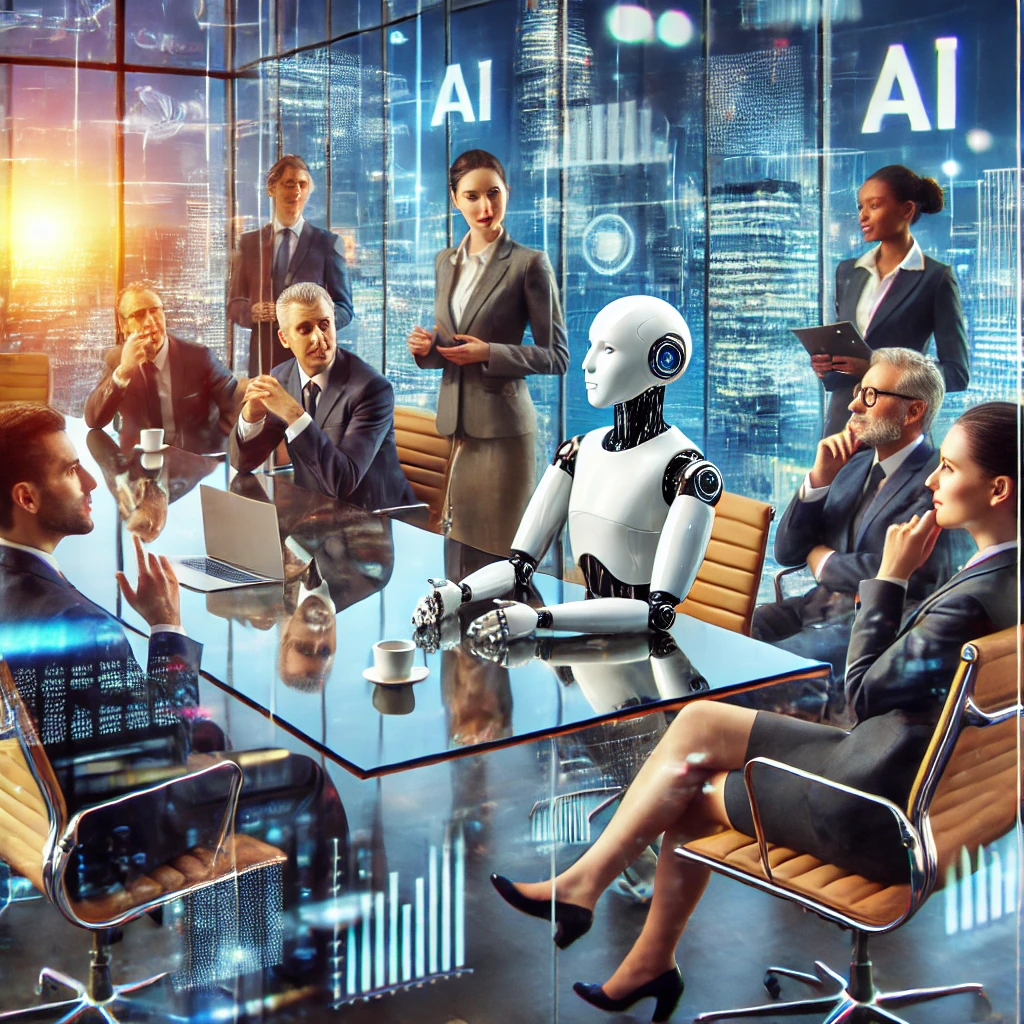What AI can’t feel: Why human emotions will always lead
Emotional intelligence, which stems from our CNS-mediated emotional capacity, is the cornerstone of effective leadership. It allows humans to empathize with others, understand their perspectives, and respond to their needs in ways that foster connection and collaboration.

The burgeoning capabilities of artificial intelligence (AI) systems raise a provocative question - If AI can outperform humans in almost all cognitive tasks, what remains the unique domain of human beings? As AI evolves, the temptation to concede leadership to seemingly superior AI systems grows. In a profound exploration published in AI & Soc (2024), William Stewart’s research paper titled "The Human Biological Advantage over AI" delves into the intrinsic differences between AI and human beings, asserting a compelling case for why humans remain indispensable in roles requiring emotional intelligence and ethical judgment.
The study underscores the human central nervous system (CNS) as the foundation of the human experience, facilitating a depth of emotional intelligence that is crucial for leadership and ethical decision-making. Unlike AI, which processes data and performs tasks based on pre-programmed algorithms, the human CNS integrates sensory experiences with emotional responses. This integration allows humans to experience a rich spectrum of emotions - from sorrow to joy - and these emotions play a pivotal role in shaping our ethical frameworks.
The ability to feel pain, empathy, joy, and love through the CNS not only enriches human life but also informs our moral judgments and behaviors, providing a nuanced understanding that is essential for leadership. For instance, empathy, derived from our emotional experiences, is critical in roles such as healthcare, education, and governance, where understanding and addressing the needs and sufferings of others are paramount.
Emotional intelligence: The core of ethical decision-making
Leadership isn’t just about making logical decisions or optimizing outcomes - it’s about understanding people, building trust, and navigating the complexities of human relationships. Emotional intelligence, which stems from our CNS-mediated emotional capacity, is the cornerstone of effective leadership. It allows humans to empathize with others, understand their perspectives, and respond to their needs in ways that foster connection and collaboration.
The author highlights real-world scenarios to illustrate the importance of emotional intelligence in leadership. In healthcare, for instance, doctors and nurses often face situations where clinical logic must be balanced with compassion. An AI might recommend the most efficient treatment for a terminal patient, but only a human caregiver can sit beside them, hold their hand, and offer the comfort of genuine empathy. Similarly, in governance, leaders must navigate competing interests and ethical dilemmas, balancing economic priorities with social justice. These decisions require not just intellectual analysis but also emotional understanding and moral courage.
- FIRST PUBLISHED IN:
- Devdiscourse










